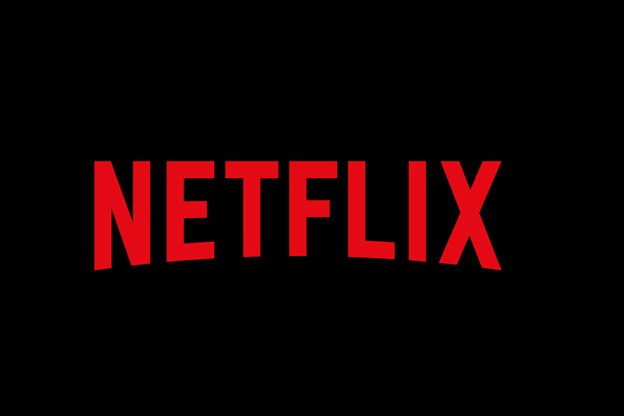
There's a general rule within the cinema world which states that spinoffs, origin stories, and sequels are rarely necessary. But does that stop anyone from making inordinate amounts of each? Of course not. The power of originality is strong, but the power of the Cash-Grab Corollary is stronger. However, I think that it's fair to judge horror movies with a relatively lenient standard, because their primary cinematic goal is unique, and it can be accomplished through methods that would be a recipe for failure in other genres.
Horror movies' success is also far more subjective than most films, thus providing added difficulty in making them. In other words, a movie doesn't have to be great on a broad standard to be great on a horror-specific standard. Some movies accomplish both (The Shining, Psycho, or Hereditary, for example); unfortunately for The Nun, however, it accomplishes neither. Indeed, The Nun relies heavily on cheap jump-scares, lacks originality, is deprived of a sensible narrative, and ceases to provide an intelligent source of dread.
One thing you might have noticed from The Nun's trailer is the successful use of the jump-scare trope that plagues virtually every horror movie. During a trailer, however, it's a trope that I find to be passable. The Nun's issue, though, is that it fails to break away from it to even the slightest degree throughout the course of the film.
To be clear, I think it's unfair to say that jump-scares can't ever be used; they just need to be used correctly--and sparingly. A successful jump-scare is one where something unexpectedly and frighteningly appears on-screen at unforeseen times. Furthermore, the frightening image that "jumped" out at the audience needs to remain on the screen for several seconds, thus satisfying the suspense that preceded it. What a successful jump-scare isn't is an expectedly silent screen interrupted with an equally expected appearance of a demon coupled with deafening orchestra notes, after which the demon disappears for the remainder of the scene.
And it is the latter method of cheap jump-scares that The Nun so gratuitously and frequently relies upon as a means for "scaring" its audience. This is not an issue that is unique to The Nun, but this magnitude of it certainly is. Indeed, not only is every conceivable source of fright a cheap jump-scare, but a scene cannot go more than five minutes without capitalizing upon an opportunity to use one. It's truly amazing when a movie with a 95-minute runtime becomes extensively exhausting.
The jump-scares wouldn't have been so irritating if there had been anything even slightly original about the movie as a whole. The demonic possession, themes centered upon corruption of innocence, an exorcism-related climax, Christ imagery, cemeteries...yawn, yawn, yawn. What's more is that cliché one-liners are executed very poorly and repeatedly. In fact, the only thing worse than the overplayed script was the ridiculousness of its delivery.
On a similar note, the narrative was constructed so incoherently that I didn't even know the consequences behind any of the characters' actions. Outside of a nun being possessed by something and other characters getting caught inside a closed-off space with it or some reason and a vague importance of the blood of Christ, I was completely lost. Moreover, the scenes and their pacing were so disorganized that several scenes could be re-ordered or cut, and the result would be apparently indistinguishable from the original. I'm pretty sure the producers were banking on the audience not desiring a cohesive storyline.
Horror can be presented in many forms, several of which are carried with the viewer long after the credits have rolled. For me, the most distressful source of angst comes from a psychological angle; one that can plague one's mind without necessarily fixating on a visual. I've never understood one's inability to sleep because they "couldn't get an image out of [their] head." It's a common occurrence, which also means it's easily obtainable. The times I'm most fearful because of a movie, however, are times when I'm plagued by my own existential fears that the movie forced me to reflect upon. In other words, if something demonstrated in a movie allows me to realize my own trepidations, it is a tremendous success. This might present itself in visual form, but it doesn't have to.
However, all The Nun brings to the table are cheap tricks and bad lighting, none of which tap into any intellectual fears held by anyone. Several important scenes revolve around a cemetery, yet I was able to take a late-night stroll past one near my house without the faintest issue. Hereditary caused me to dread light-posts; The Nun tormented nothing but my wallet.
I'm aware of how pretentious I am about movies, and I'm OK with it. However, as I stated earlier, horror lends itself to far more subjectivity than almost any other genre. Just because The Nun didn't work for me, it's easy to see how a less-experienced horror-movie-watcher would be frightened. Once you learn the tricks, however, say goodbye to your innocence.
The Nun is worth about 50%, so it's not that good nor that bad. But if you're looking for an excuse for an inexperienced horror-watcher to snuggle up to you, put it in your queue on

Comments
Post a Comment